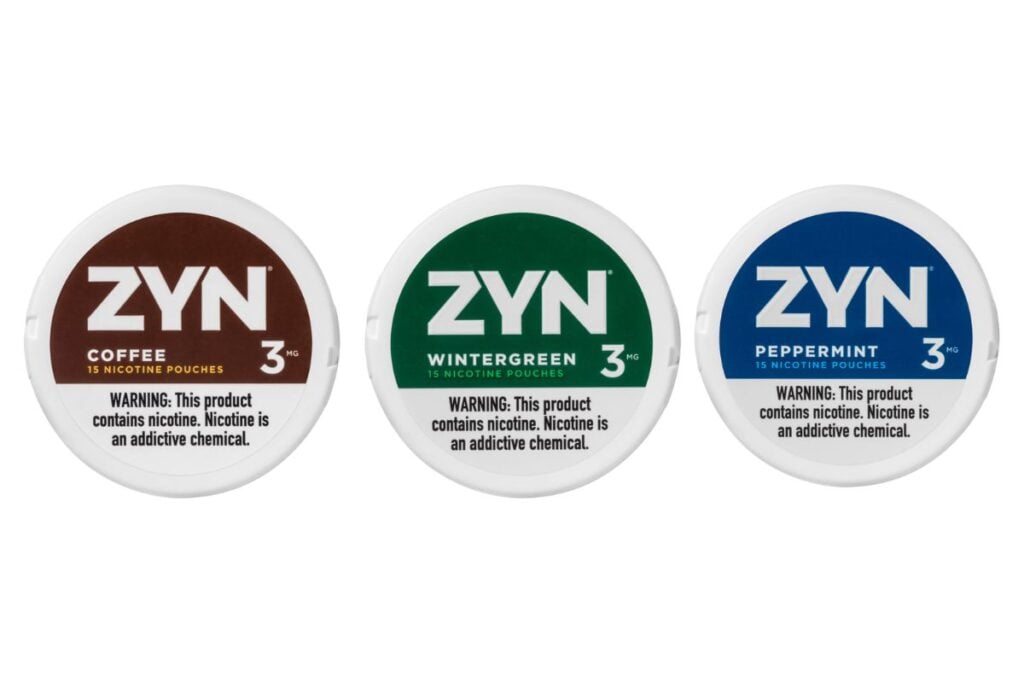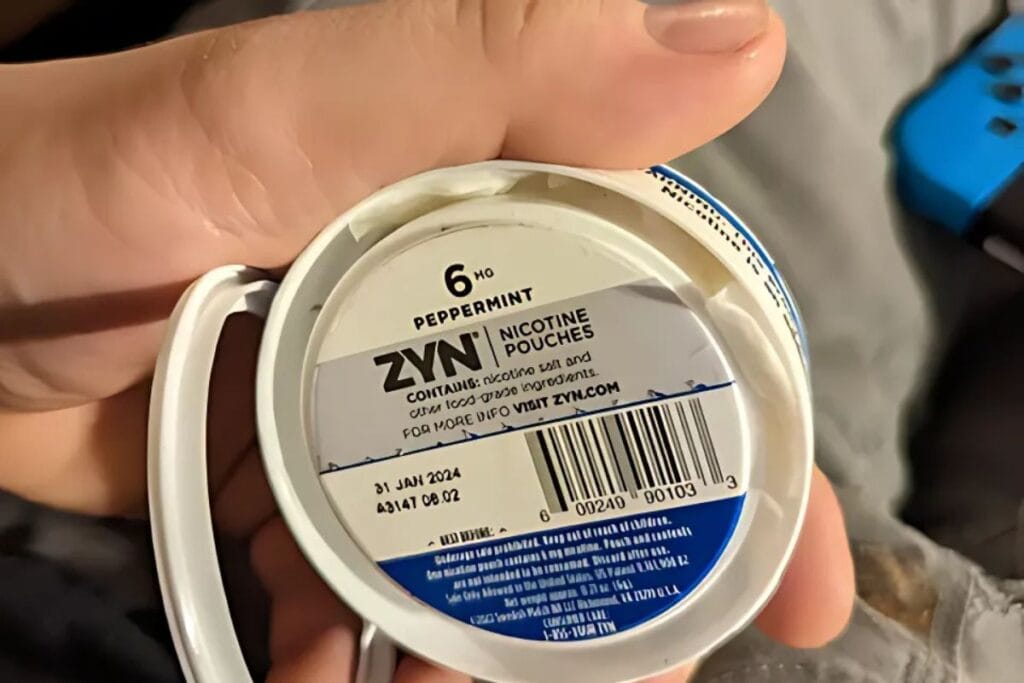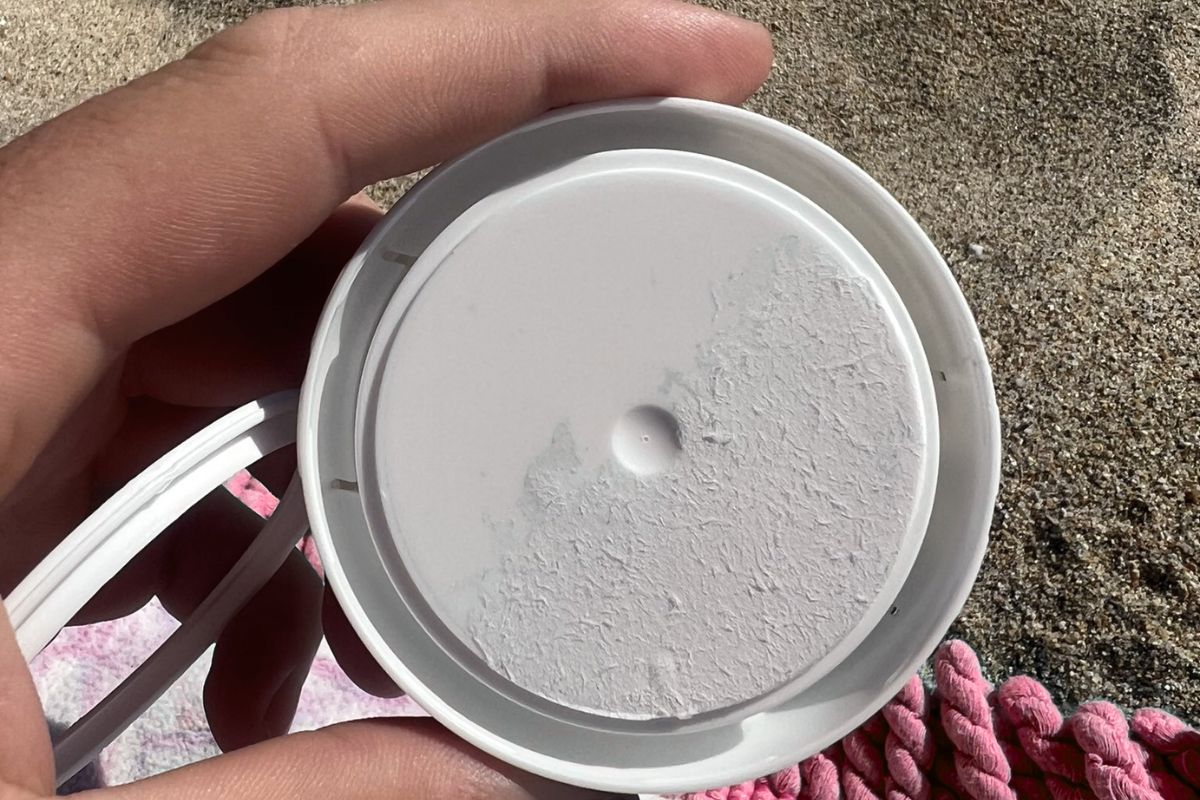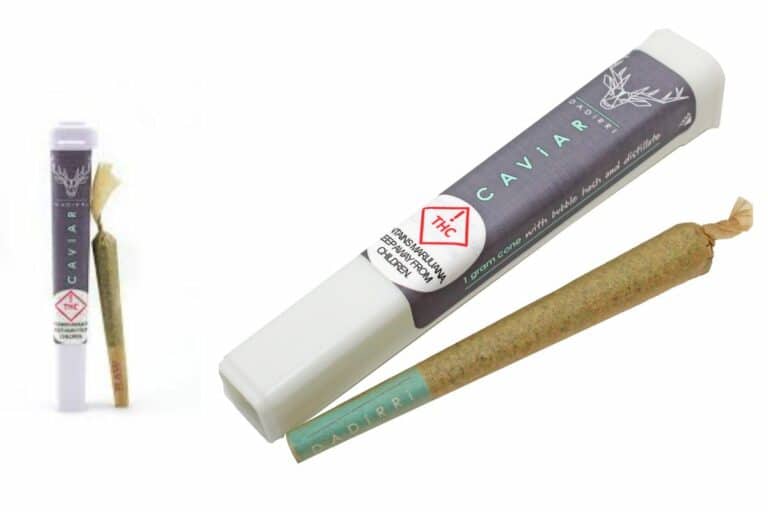Are ZYNs Biodegradable? Eco Impact of Nicotine Pouches
As nicotine pouches like Zyn continue to gain popularity as a smoke-free alternative to traditional tobacco products, an important question emerges: What happens to these pouches after we’re done with them? Let’s dive into the environmental impact of ZYNs and explore whether they are biodegradable, helping you make an informed choice as a conscious consumer.
Table of contents
What Exactly Are Zyn Pouches?
Zyn pouches are small, white pouches that deliver nicotine without the need for smoking or chewing tobacco. Users place these pouches between their gum and upper lip, where the nicotine is absorbed through the mouth’s lining. Their discrete nature and smoke-free design have made them increasingly popular among those looking to avoid traditional tobacco products.
What’s Inside a Zyn Pouch?
Nicotine (Main Active Ingredient)
- Contains synthetic nicotine or tobacco-derived nicotine
- Typically ranges from 3mg to 6mg per pouch
- Lab-synthesized to ensure consistent potency
- Absorbed through the oral mucosa (mouth lining)
Plant-Based Fillers
- Made primarily from microcrystalline cellulose
- Contains food-grade wood pulp fibers
- These materials help:
- Give the pouch its structure
- Control nicotine release rate
- Maintain moisture levels
- Provide a comfortable mouth feel
Food-Grade Flavorings
- Natural and artificial flavors
- Common options include:
- Mint
- Wintergreen
- Citrus
- Coffee
- Cinnamon
- Also contains sweeteners and pH adjusters for taste
Pouch Material
- Made from polypropylene (a type of plastic)
- Designed to be:
- Moisture-resistant
- Strong enough to prevent breaking
- Permeable enough to release contents
- Food-grade safe for oral use
Stabilizers and Additives
- pH modifiers to control nicotine absorption
- Humectants to maintain moisture
- Preservatives to ensure shelf stability
- All additives are food-grade quality
The Environmental Challenge

Here’s where things get complicated: Despite their small size, Zyn pouches pose a significant environmental challenge. The core issue lies in their construction materials.
The Biodegradability Problem
While terms like “biodegradable” are often thrown around loosely, let’s be clear about what it means: A truly biodegradable material can be broken down naturally by microorganisms into basic compounds like water and carbon dioxide. Unfortunately, Zyn pouches don’t meet this standard.
The reason? The outer pouch material is typically made from polypropylene, a synthetic plastic that persists in the environment for decades. While the internal components (plant-based fillers and flavorings) may decompose naturally, the pouch itself remains intact for 20-30 years or more.
Environmental Impact
The environmental consequences of discarded Zyn pouches include:
- Landfill Burden: These small pouches contribute to the growing crisis of plastic waste in landfills
- Wildlife Risk: Animals may mistake the small white pouches for food, leading to potential harm
- Water Pollution: As pouches break down over time, they release microplastics into waterways
- Soil Contamination: Synthetic materials can leach chemicals into the soil as they slowly degrade
Disposing of Zyn Nicotine Pouches
| Disposal Method | Details |
|---|---|
| Use the Can’s Trash Compartment | Most Zyn cans have a built-in disposal compartment in the lid. Store used pouches here until you can throw them away. |
| Throw in Regular Trash | Wrap the used pouch in tissue or paper and dispose of it in a trash bin. Do not flush down the toilet. |
| Avoid Littering | Nicotine pouches are non-biodegradable, so never toss them on the ground or in public spaces. |
| Use a Sealed Container | If you use multiple pouches daily, consider using a sealed bag or small container to prevent odors and mess. |
| Check Local Disposal Rules | Some areas have regulations for nicotine product disposal. Follow local waste management guidelines if applicable. |
| Keep Away from Kids & Pets | Nicotine is toxic if ingested. Always dispose of pouches where children and pets cannot access them. |
| Consider Recycling the Can | While the pouches aren’t recyclable, the empty metal or plastic Zyn can may be recyclable. Check local recycling guidelines. |
Immediate Disposal After Use
- Remove the used pouch from your mouth carefully
- Wrap the used pouch in a small piece of paper or tissue if possible
- Place it in a proper waste container
- Never swallow the pouch or leave it where children or pets might find it
Best Practices for Daily Use
Portable Disposal Option
- Carry a small, sealable container (like a mini plastic container or metal tin)
- Place used pouches in this container throughout the day
- Empty the container into proper waste bins when full
- Clean the container regularly to prevent odors
At Home
- Use a dedicated small waste bin with a lid
- Line the bin with a plastic bag
- Empty regularly into your main household trash
- Keep out of reach of children and pets
At Work or in Public
- Look for proper waste receptacles
- Never dispose of pouches in recycling bins
- Don’t leave used pouches on tables, counters, or other surfaces
- If no trash can is available, store the pouch in your portable container
What to Avoid
Never:
- Flush pouches down toilets or drains
- Throw pouches on the ground or out of vehicles
- Put pouches in recycling bins
- Compost the pouches
- Leave pouches in cup holders or loose in pockets
- Dispose of pouches where children or animals might find them
Environmental Considerations

Indoor Disposal
- Always use proper waste bins
- Seal in small bags if possible
- Include with regular household waste
Outdoor Activities
- Pack a small disposal container
- Take all used pouches with you
- Never leave pouches in nature
- Consider bringing a small zip-lock bag for used pouches
Special Situations
Public Transportation
- Keep a personal disposal container
- Wait until you reach a proper waste bin
- Never dispose of pouches on trains, buses, or platforms
Beach/Pool Areas
- Bring a waterproof container
- Never dispose of pouches in water
- Take all used pouches with you when leaving
Long-term Storage Before Disposal
| Storage Method | Details |
|---|---|
| Keep in a Cool, Dry Place | Store Zyn pouches at room temperature (around 60-75°F). Avoid extreme heat or cold, which can affect flavor and texture. |
| Seal the Can Properly | Always close the lid tightly to prevent pouches from drying out and losing potency. |
| Avoid Direct Sunlight | Keep the can away from direct sunlight, as UV rays can degrade nicotine and flavor quality. |
| Keep Away from Moisture | Store in a dry area, as excess moisture can break down the pouch material and affect usability. |
| Use a Storage Container | If carrying multiple cans, use an airtight container or pouch to protect them from temperature changes. |
| Do Not Freeze | Freezing can alter the texture and effectiveness of the pouches, making them less enjoyable. |
| Keep Away from Kids & Pets | Store in a secure place out of reach, as nicotine can be harmful if accidentally ingested. |
| Check Expiration Date | While Zyn pouches last long, using them before the expiration date ensures the best flavor and nicotine effect. |
If you need to store used pouches temporarily:
- Use a container with a tight seal
- Keep away from food areas
- Store out of direct sunlight
- Label the container appropriately
- Empty regularly into main trash
Additional Safety Tips
- Always wash hands after handling used pouches
- Keep disposal containers clean and sanitized
- Don’t mix used pouches with food waste
- Consider double-bagging if storing multiple used pouches
- Empty personal disposal containers daily
Workplace Considerations
- Follow any specific workplace disposal guidelines
- Use designated waste bins if provided
- Consider keeping a personal disposal container at your desk
- Inform cleaning staff if necessary about proper handling
Final Reminders
- Proper disposal helps protect the environment
- Keep all nicotine products away from children and pets
- Regular emptying of storage containers prevents odors
- When in doubt, store safely until you can dispose properly
- Consider reducing usage to minimize environmental impact
Looking Ahead: The Future of Nicotine Pouches
The nicotine pouch industry stands at a crossroads. While current products pose environmental challenges, there’s growing pressure for more sustainable solutions. Consumers can drive this change by:
- Supporting brands that prioritize environmental responsibility
- Choosing products with minimal packaging and natural materials when available
- Advocating for stricter environmental standards in production
- Reducing overall consumption to minimize waste
Conclusion
While Zyn pouches offer a smoke-free nicotine alternative, their environmental impact cannot be ignored. The non-biodegradable materials used in their construction present a genuine environmental concern. As consumers, we have the power to push for change through our choices and advocacy for more sustainable alternatives.
Remember: Every small action counts. Whether it’s proper disposal or choosing more environmentally conscious alternatives, your decisions today affect our environment tomorrow.
FAQs
1. Are ZYN nicotine pouches biodegradable?
No, ZYN nicotine pouches are not biodegradable. They are made from plant-based fibers and synthetic materials that do not break down naturally.
2. What are ZYN pouches made of?
ZYN pouches contain a blend of food-grade ingredients, nicotine, and plant-based fibers, but they also include synthetic materials that prevent biodegradation.
3. How should I dispose of used ZYN pouches?
You should dispose of ZYN pouches in the trash. Do not flush them down the toilet or throw them on the ground, as they do not break down easily.
4. Do ZYN pouches harm the environment?
Since ZYNs are not biodegradable, improper disposal can contribute to plastic waste and pollution, making it important to dispose of them responsibly.
5. Are there eco-friendly alternatives to ZYN?
Some nicotine pouch brands are exploring biodegradable or compostable options, but most mainstream brands, including ZYN, do not currently offer such products.
6. Can ZYN pouches be recycled?
No, ZYN pouches cannot be recycled due to their mix of materials. However, the plastic cans they come in may be recyclable, depending on local recycling programs.
7. How long does it take for ZYN pouches to break down?
Since they are not biodegradable, ZYN pouches can take years to break down, contributing to environmental waste if not disposed of properly.










